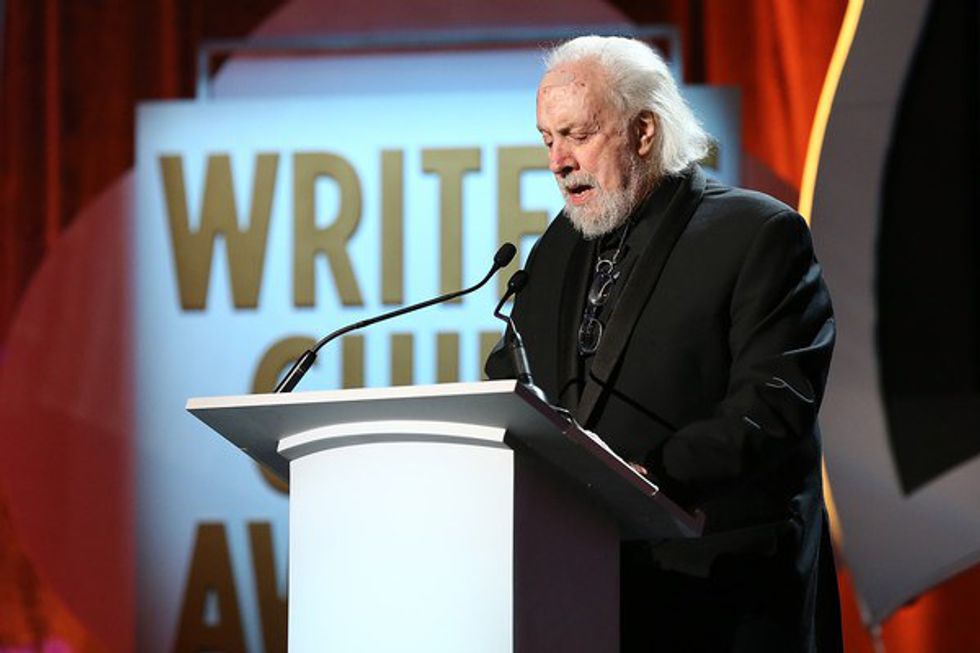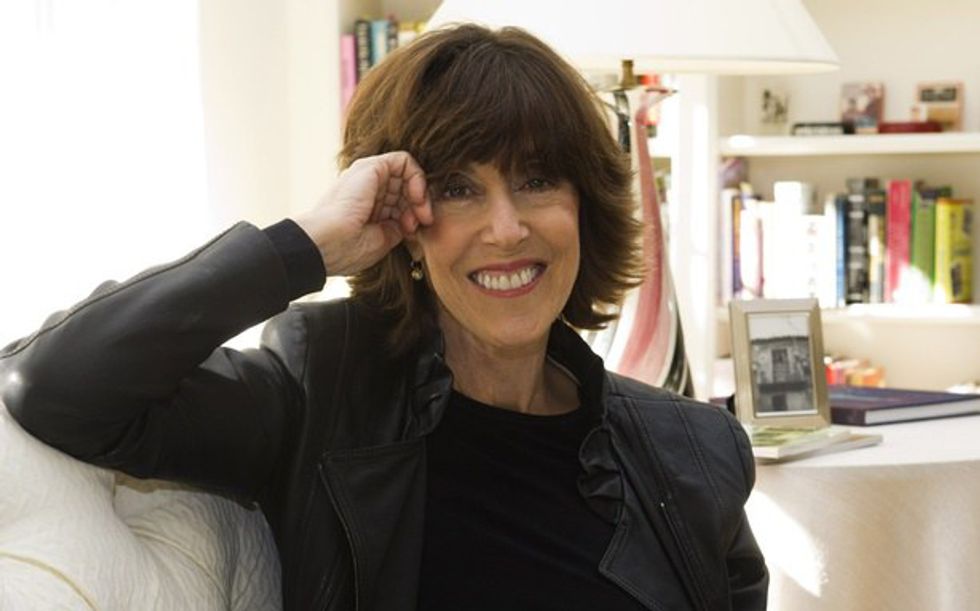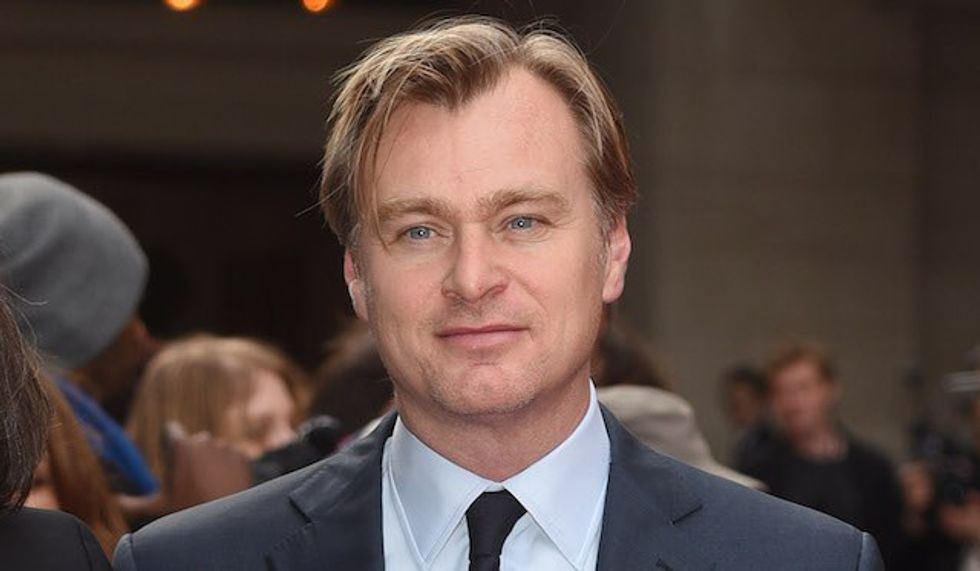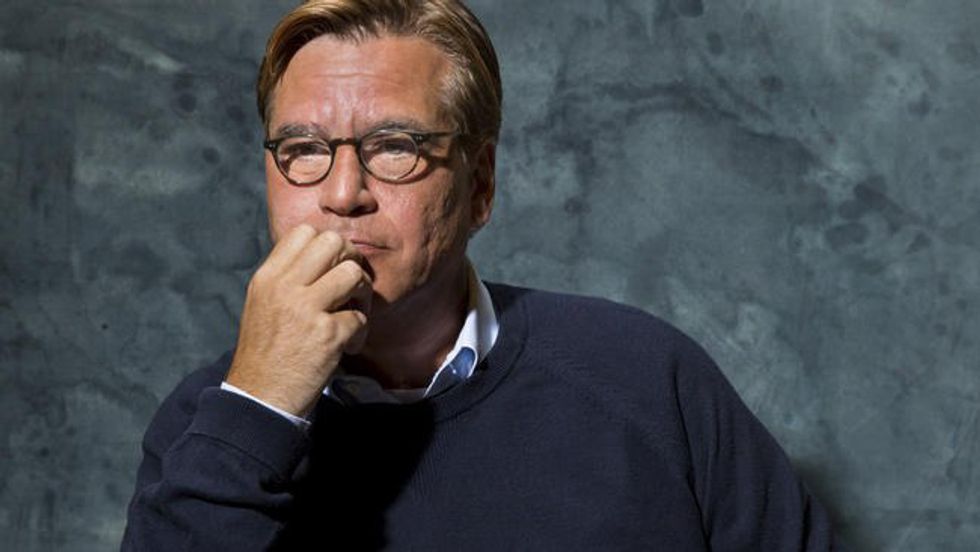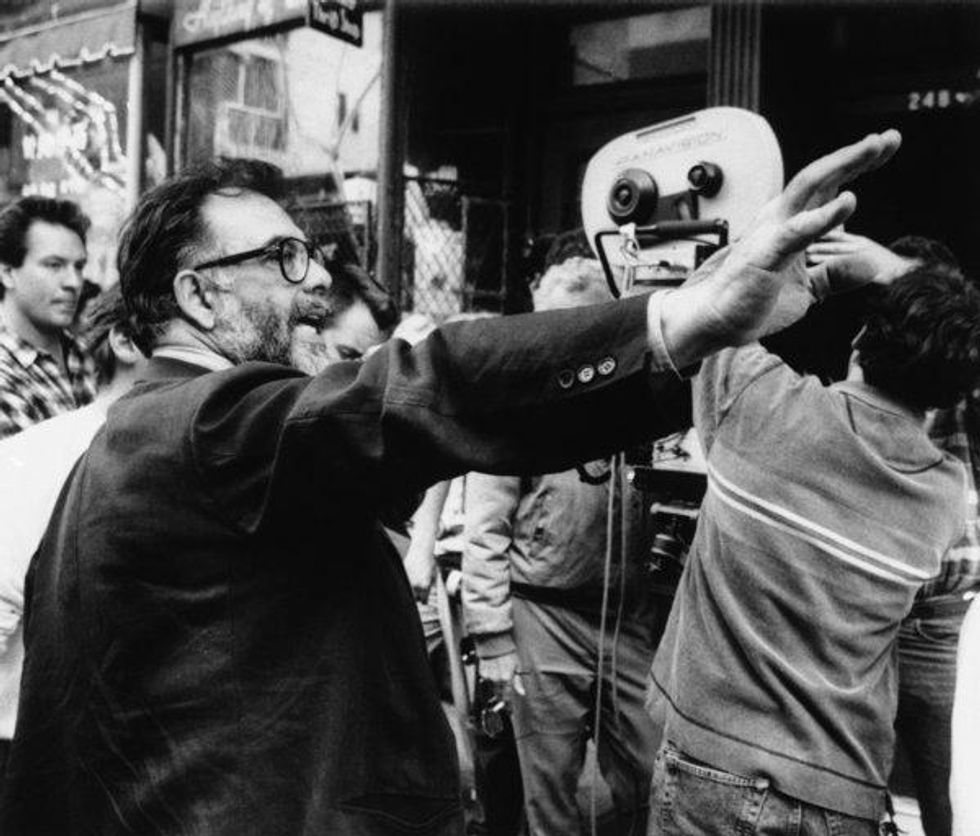Whenever a movie becomes a blockbuster hit, the first people to receive the bulk of the praise are the actors and the directors, who's talents impressed audiences that witness them firsthand sitting before a screen in a movie theater. Even though this veneration may tend to be excessive, the efforts of such auteurs is vital when it comes to bringing cinematic narrative to life. Nevertheless, before their can be a narrative, their must be a narrator, and if their is going to be a narrator, their must be a vision that he can put into words. The individual in charge of conceiving this vision is the screenwriter. Without a writer to provide a blueprint that pinpoints the necessary dialogue and action to entertain anxious moviegoers, there will be no lines for the actors, no direction for the directors, no story, and without any of the formers -- no movie.
Since the dawn of Hollywood in the 1920's, many of the most memorable lines you've heard spoken by the likes of Clarke Gable, Marlon Brando, Rita Hayworth, or even, yes, Arnold Schwarzenegger, have only been made possible by superb writing. Its is upon the foundations of quality writing many illustrious careers in the film industry are built. Here are 10 of the best Screenwriters to have ever worked in the Motion Pictures:
10. Richard Linklater
Although known more for his directing, Richard Linklater has written movies that have challenged, and broken away from the conventional mode of writing in Hollywood. Known for his non-linear, philosophical, and dialogue heavy stories, this style has helped Linklater conceive some of the most memorable and structurally innovative films of the 21st century. Among his most memorable works are "Before Sunrise" (and its two sequels), "Dazed and Confused" (which gave Matthew McConaughey his first break) and "Boyhood" -- a movie shot over the course of 12 years while using the same cast.
9. John Logan
A frequent collaborator with directors Ridley Scott and Martin Scorcese, John Logan has written some of the most iconic films of the 2000's. While he has yet to win an Oscar, Logan has been nominated three times for his work in "Gladiator", "The Aviator" and "Hugo". Set to team up with Ridley Scott again in 2017, Logan will be writing the script for "Alien: Covenant".
8. Robert Towne
With a career that spanned 4 decades, Robert Towne is best remembered for writing the script for Roman Polanski's neo-noir film "Chinatown". Not only did it help Jack Nicholson garner his fourth Oscar nomination, but allowed Towne to walk out of Kodak Theatre with the Academy Award for Best Original Screenplay. Since that win in 1975, critics and filmmakers have hailed Towne's screenwriting as one of the finest examples of cinematic literary craft.
7. Nora Ephron
When it comes to screenwriting or any of the important duties that take place behind the camera, women are still heavily underrepresented even though the gender ratio has greatly decreased in the recent years. That said, its really too bad, because there are some truly phenomenal female writers out there such as Sofia Coppola (Lost In Translation) and Aline Brosh McKenna (The Devil Wears Prada), but perhaps none as iconic as Nora Ephron.
Nominated for the Oscar for Best Original Screenplay three times for "Silkwood" and "Sleepless In Seattle", Ephron's most popular and revered work is the much beloved "When Harry Met Sally". Unfortunately, Hollywood will no longer be able to call upon her services. Ephron passed away in the summer of 2012.
6. Steven Zaillian
Since graduating from San Francisco State University in 1975, it has been a long and illustrious career for Steven Zaillian. Hired for his first writing job in 1985, Zaillian is responsible for some of the finest scripts that have ever been produced into movies. From "Gangs of New York", "The Girl with the Dragon Tattoo", to "Moneyball", Zaillian's most exquisite work was done collaborating with director Steven Spielberg when he wrote the script for "Schindler's List". Not only did Zaillian take home the Oscar for Best Adapted Screenplay, but the film -- being deemed "culturally significant" -- was selected for preservation in United States National Film Registry. On the American Film Institute's list of "the 100 best American Films of all time", "Schindler's List" places 8th.
5. Christopher Nolan
Much like Richard Linklater, Christopher Nolan is better well known for his prowess at directing. However, if there is another talent he possesses when it comes to filmmaking, his screenwriting is a not-so-far-off second. Renowned for his postmodernist approach to cinematic craft fuelled by philosophical, sociological and ethical concepts, this has led to groundbreaking stories responsible for the success of "Inception" and "Memento" -- both for which Nolan was nominated for the Oscar for Best Original Screenplay. Nolan's direction and writing also played a key factor in Heath Ledger's Academy Award-winning performance as The Joker in "The Dark Knight" -- hailed as one of the best superhero films ever made.
4. Aaron Sorkin
Graduating from Syracuse in 1983 with a BFA in Musical Theatre, Aaron Sorkin originally aspired to be an actor. However, after experiencing very limited success, the New York native turned to writing, and from there, Sorkin has never looked back. Known for his unparalleled ability to craft aggressive, engaging, fireball dialogue, Sorkin received his first Oscar in 2011 for his efforts in David Fincher's "The Social Network" -- a movie documenting the life of Facebook founder Mark Zuckerberg. Sorkin's list of accomplishments also includes writing the script for "A Few Good Men", and the creation of the iconic political drama "The West Wing". For anyone aspiring to be a screenwriter of equal caliber, Sorkin is currently teaching a master class for the literary craft.
3. Quentin Tarantino
Famous for his collaborations with Samuel L. Jackson and Tim Roth, along with his dark sense of humor, Tarantino has set himself far apart from his contemporaries since breaking into the Hollywood Scene in the 1980's. Beloved for writing the "Kill Bill" series, "Inglorious Bastards" and "Django Unchained" -- which won him his second Oscar -- Tarantino became a mainstay in Tinseltown for his movie "Pulp Fiction". Praised for its self-reflexivity, unconventional structure and extensive use of homage and pastiche, "Pulp Fiction" was nominated for 7 Oscars, with Tarantino winning for Best Original Screenplay, and is considered to be one of the primary influences of postmodern film. Deservingly, the movie was selected for preservation in United States National Film Registry in 2013 for being "culturally, historically, and aesthetically significant", something that Tarantino continues to be.
2. Francis Ford Coppola
The patriarch of the Coppola dynasty, the quality and level of respect this family receives for its contributions to Hollywood rests on the large shoulders of Francis Ford Coppola. Making his first film in 1962, the filmmaker's very name has become synonymous with "The Godfather", a series of novels by Mario Putzo which Coppola adapted into a script and directed himself. While the final installment of the trilogy is largely forgettable, "The Godfather: Part 1" and "Part 2" will make you offers you can't refuse. After consecutive trips to the Oscars, both films were selected for preservation in the United States National Film Registry. And why not? Pretty much every movie made about organized crime draws inspiration "The Godfather", along with the immortalized HBO drama "The Sopranos".
1. Woody Allen
Whether you're a fan of Woody Allen's questionable life choices (married his own stepdaughter), there's no denying that the Brooklyn native is among of the finest of the finest writers working in the show business. Considered to one of the best humorists of all time, his slapstick and self-deprecating approach to comedy, and influences drawn from European Art Cinema allowed him to become one of the cornerstone figures in the "New Hollywood" wave of filmmakers.
Millenials probably know him best for "Midnight In Paris", "Matchpoint" and "Blue Jasmine", however, over a career that began back in 1965, some of his finest projects include "Annie Hall", "Manhattan" and "Stardust Memories" to name just a few. His inexhaustible talent for generating cinema worthy scripts on an annual basis have taken him back to the Oscars 16 times, 4 of which, saw him bring home the Award for Best Original Screenplay.






